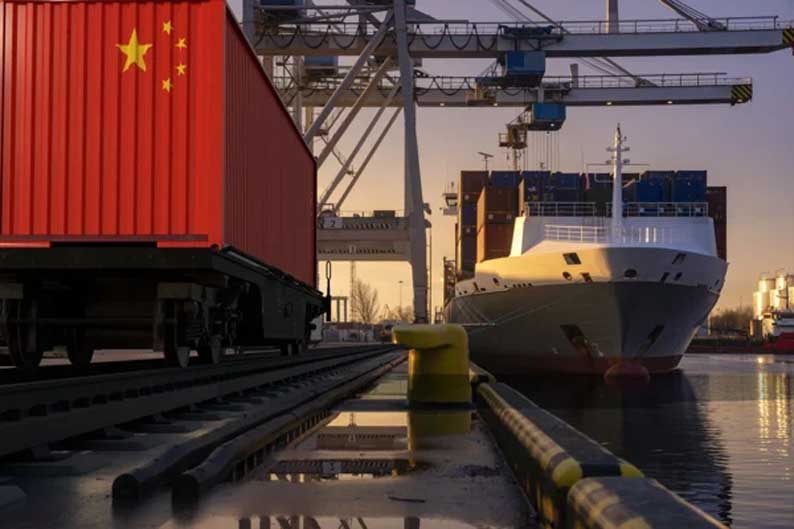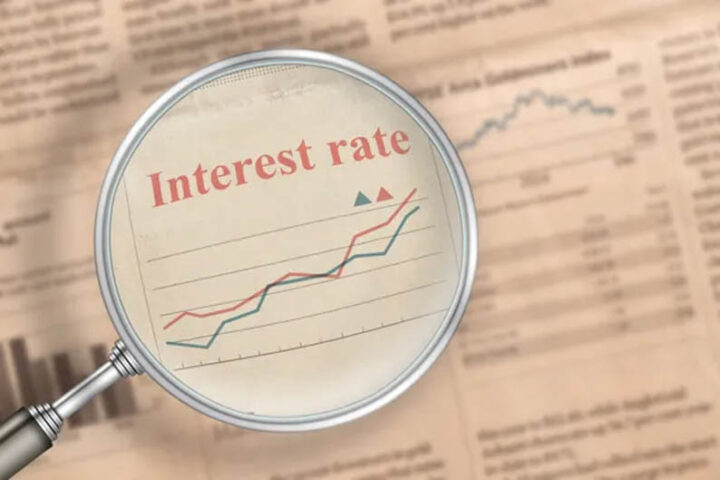By Craig Erlam
European indices and US futures look a little flat Wednesday following a mixed session in Asia overnight, as Chinese trade data failed to inspire, while Australian GDP pointed to further pain as the RBA continues raising rates.
Disappointing China trade figures
Chinese trade data offered further evidence of weakening demand both domestically and abroad, with exports falling hard last month. A 7.5% decline far exceeded the -0.4% expected, while imports actually beat forecasts, albeit while also falling 4.5% in May.
Weaker global trade is not a new story, but it is surprising how quickly China’s reopening boost has faded, with backlogs of work supporting export numbers until now even as other countries have continued to see demand for their goods wane.
With China’s reopening boom flagging so quickly, pressure is set to intensify on the leadership to announce new stimulus measures in a bid to revitalise the economy again and achieve its 5% growth target.
That may initially come in the form of rate cuts, perhaps targeted to those sectors under the most pressure, with authorities so far reluctant to engage in broad-based easing.
Australia growth slows
The Australian economy is slowing amid cost-of-living pressures, weaker household spending, and higher interest rates. GDP in the first quarter slipped to 0.2%, down from 0.6% in the final quarter of last year and below expectations.
High-interest rates and inflation are hurting household finances and the economy is now suffering.
This week’s RBA hike is going to compound this and unless we see signs of price pressures easing, there may be more to come.
Oil remains under pressure
Oil prices are falling again as Saudi Arabia’s attempt to dress up a unilateral move as a group cut fails to have the desired impact.
Crude is trading below the level it ended on Friday which suggests that, despite the knee-jerk reaction on Monday, traders were hedging against broader action from OPEC+ and got a light version of the deal they feared.
While Saudi Arabia remains price driven, the market is more concerned with the economic outlook, and the rest of the alliance seemingly isn’t interested in taking more action in anticipation of what may come.
The commitment from the start of the next year could easily change depending on what unfolds, whereas markets are forced to respond to current risks and as far as the economy is concerned, they are tilted to the downside.
Gold awaiting further data
Gold is treading water again, sitting right in the middle of the $1,940-1,980 range of these past weeks. The economic data we’ve had recently has been far from conclusive and that creates uncertainty around the policy path for interest rates and therefore appetite for the yellow metal.
Inflation has proven to be more stubborn than hoped, while the labour market remains resilient, a combination that doesn’t point to US rate cuts later this year as traders currently hope.
This is a big summer and all of that may soon change, but for now, that uncertainty is creating this choppiness and range trading we’re seeing in gold.
Will Binance and Coinbase sagas bring regulatory clarity?
It’s been an explosive couple of days in the crypto space, with the SEC targeting Binance and Coinbase with lawsuits containing various allegations that have rattled the industry.
Bitcoin initially fell more than 5% on Monday, before largely recovering on Tuesday and now it’s trading only marginally lower, just below $27,000.
While the initial response to the action was negative, it didn’t exactly come as a shock and the companies will have been preparing for such a move for some time.
Given the size of the two exchanges and the recent scarring from the FTX scandal, there will be some concern about what comes next. But one good thing that will come out of this is regulatory clarity which has been lacking for years.
Craig Erlam is Senior Market Analyst, UK & EMEA at OANDA
Opinions are the author’s, not necessarily that of OANDA Global Corporation or any of its affiliates, subsidiaries, officers or directors. Leveraged trading is high risk and not suitable for all. Losses can exceed investments.








